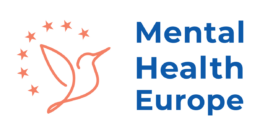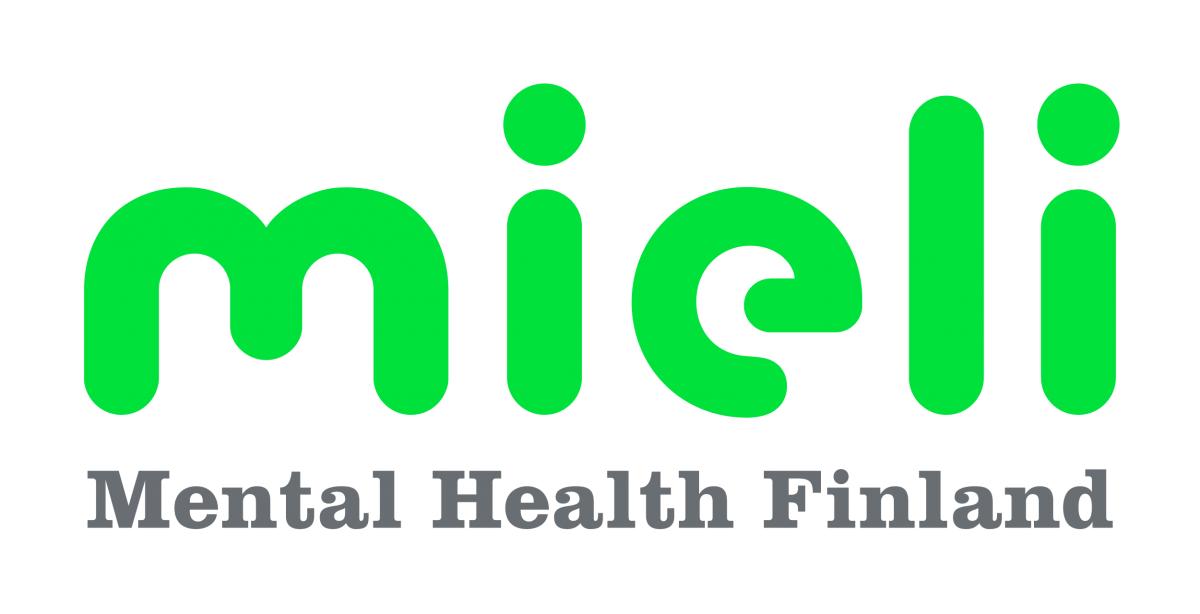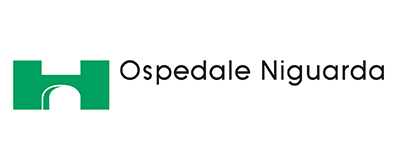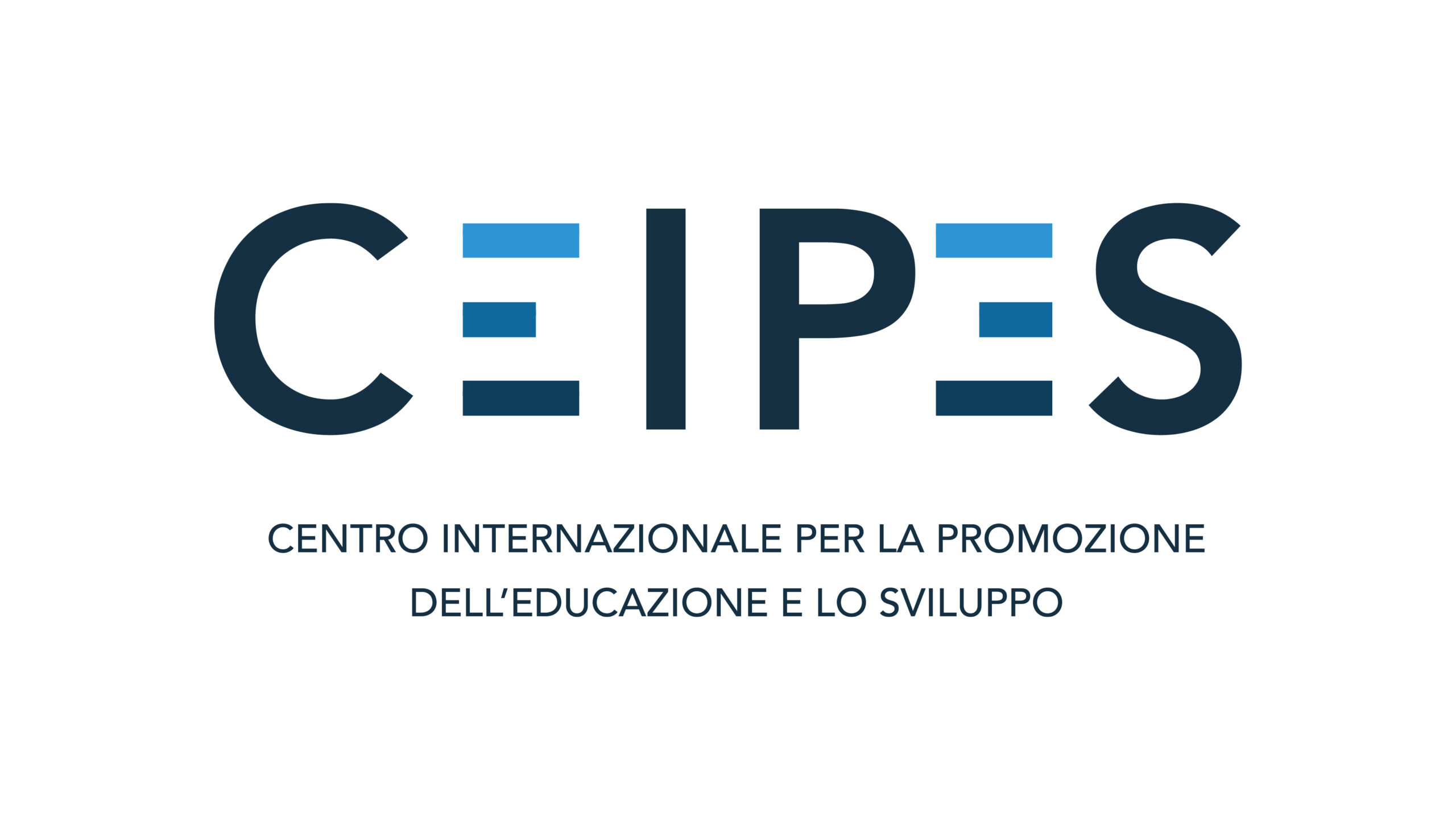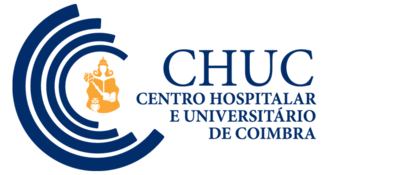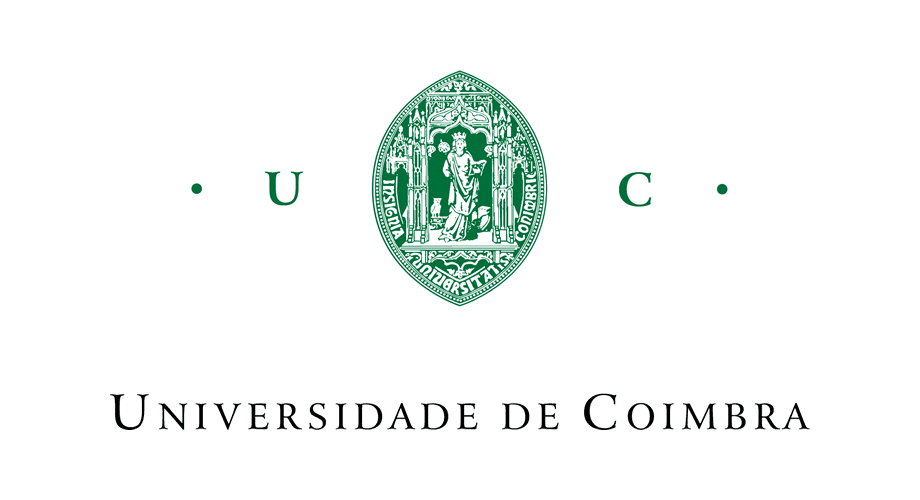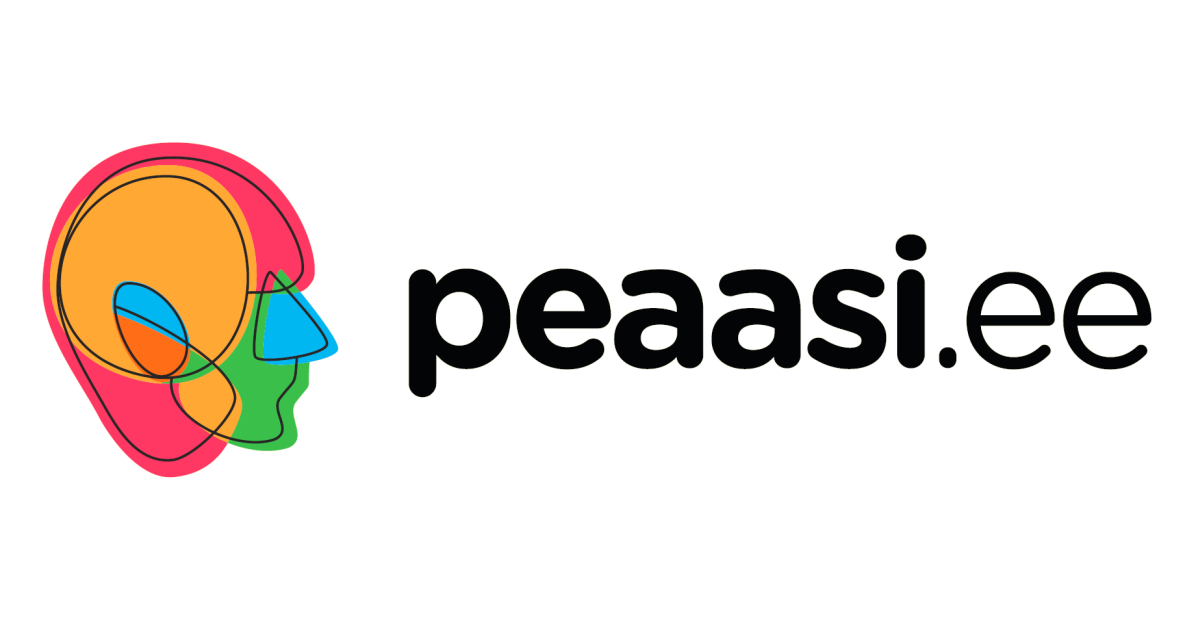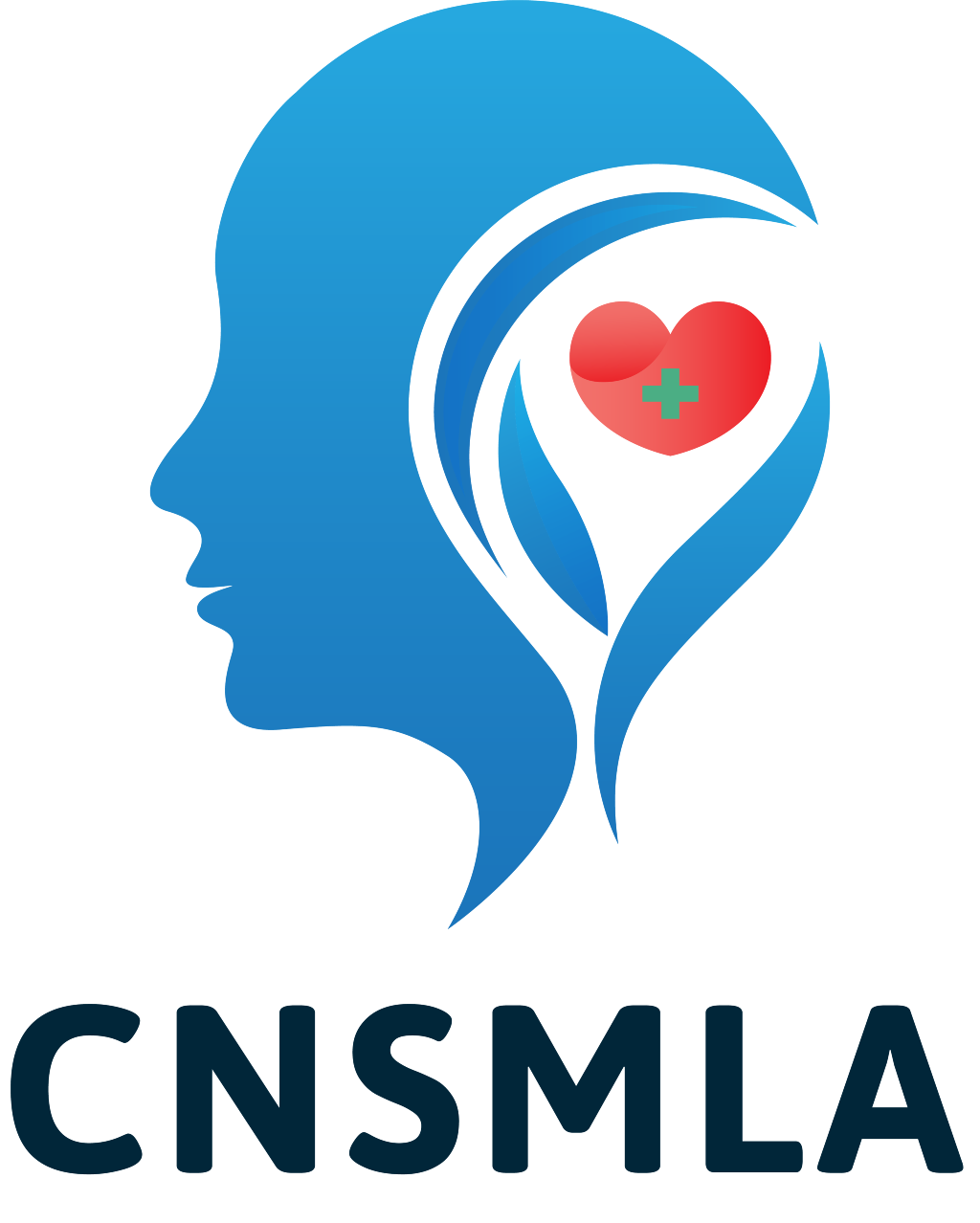In Europe, increasing numbers of children and adolescents seek mental health support and services cannot meet their needs. Furthermore, children’s situation is often neglected when parents seek help in adult services. The three-year project Let’s Talk About Children aims at disseminating and implementing the LTC in ten European countries by training of local LTC Practitioners. The implementation will be sensitive to the local context and build on the specific needs of each site.
Project actions will either aim to promote positive parenting and family life in families in vulnerable situations, such as parents in mental health services or reception centres for refugees and asylum seekers, or aim to take a universal approach by implementing LTC in primary and secondary school settings, providing a tool for home-school collaboration in order for parents and teachers to better understand the psychosocial needs of the children at home and school. Implementation will be supported by raising awareness on children’s needs also among the public, clinicians and decision-makers. Efforts will be made to include LTC in local, regional and national mental health policies, strategies and action plans.


